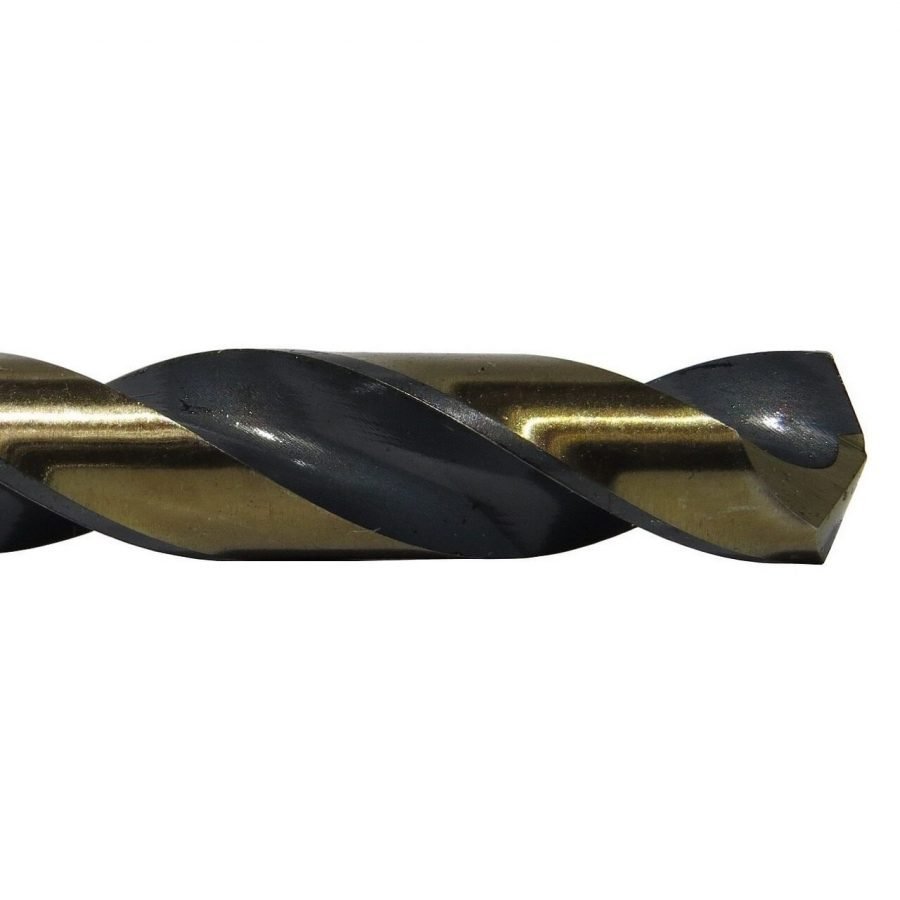Mon.: 8:00am–4:00pm
Tue.: 8:00am–4:00pm
Wed.: 8:00am–4:00pm
Thu.: 8:00am–4:00pm
Fri.: 8:00am–12: 00pm
Sat.: Closed
Sun.: Closed
-
450-217-0778
- [email protected]

Introduction:
When it comes to drilling, having the right tools for the job is crucial. High-speed steel (HSS) and cobalt drills are two popular options that professionals and DIY enthusiasts often consider. But what sets them apart? In this blog post, we will delve into the characteristics and differences between HSS and cobalt drills, helping you make an informed decision for your drilling needs.
High-speed steel drills have been a staple in the drilling industry for many years. They are made from an alloy of carbon steel and other elements such as chromium, vanadium, and tungsten. HSS drills are known for their versatility and affordability, making them a popular choice for a wide range of drilling applications.
Advantages of HSS Drills:
a. Cost-Effective: HSS drills are more budget-friendly compared to cobalt drills, making them an attractive option for those on a tight budget.
b. Versatility: HSS drills can efficiently drill through various materials, including wood, plastic, and non-ferrous metals. They are well-suited for general-purpose drilling.
c. Resilience: HSS drills can withstand high temperatures and maintain their hardness, making them durable for prolonged drilling tasks.
Cobalt drills, as the name suggests, are made from high-speed steel with a significant percentage of cobalt mixed into the alloy. This addition of cobalt enhances the performance and durability of the drill bit, particularly in demanding drilling operations.
Advantages of Cobalt Drills:
a. Heat Resistance: The cobalt content in these drills provides exceptional heat resistance, allowing them to withstand high temperatures during drilling. This makes them suitable for drilling hard materials like stainless steel, cast iron, and titanium alloys.
b. Enhanced Hardness: Cobalt drills are harder and more rigid compared to HSS drills. This hardness enables them to maintain their cutting edge for longer, resulting in improved longevity.
c. Precision and Speed: Cobalt drills have excellent cutting capabilities, allowing for faster and more precise drilling in tough materials. This makes them a preferred choice in industrial settings where efficiency is crucial.
Selecting between HSS and cobalt drills depends on several factors, including the material you’re drilling, the level of precision required, and your budget.
a. Material: If you primarily work with softer materials like wood and plastic, HSS drills will serve you well. However, if your projects involve drilling through hardened steel or alloys, cobalt drills are the better option.
b. Precision: If you require high levels of accuracy and speed, especially in industrial or professional settings, cobalt drills offer superior performance due to their hardness and cutting capabilities.
c. Budget: Consider your budget when making a decision. HSS drills are more cost-effective, making them suitable for general-purpose drilling, while cobalt drills are typically more expensive but offer enhanced performance in demanding applications.
Conclusion:
Both HSS and cobalt drills have their unique advantages and applications. High-speed steel (HSS) drills are versatile and cost-effective, suitable for general-purpose drilling, while cobalt drills exhibit exceptional heat resistance, hardness, and cutting capabilities, making them ideal for tough materials and precision drilling. By considering the materials you’ll be working with, the level of precision required, and your budget, you can make an informed decision and choose the drill that best suits your needs.
No account yet?
Create an Account